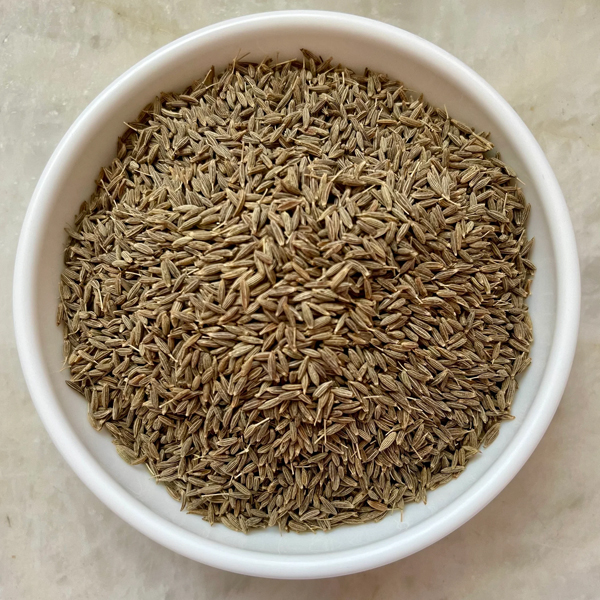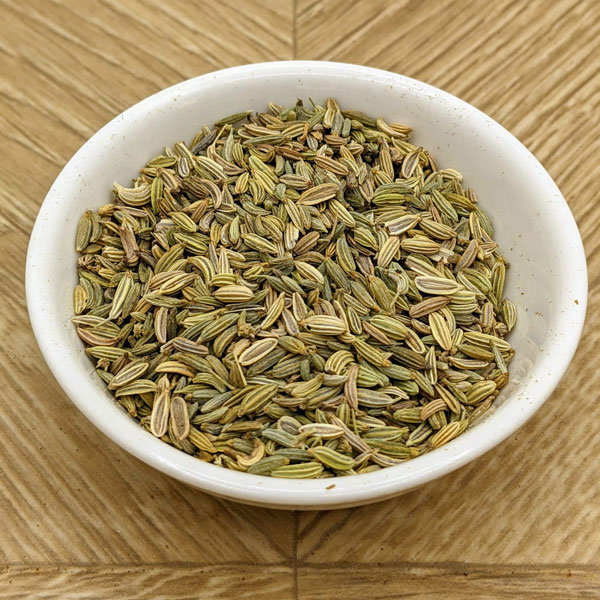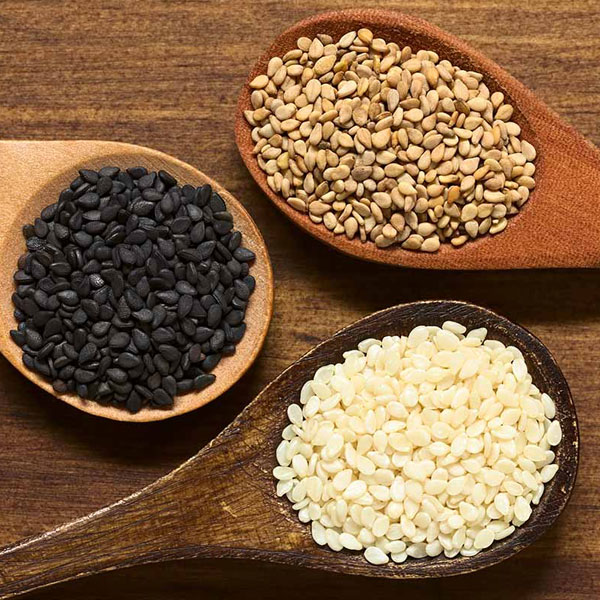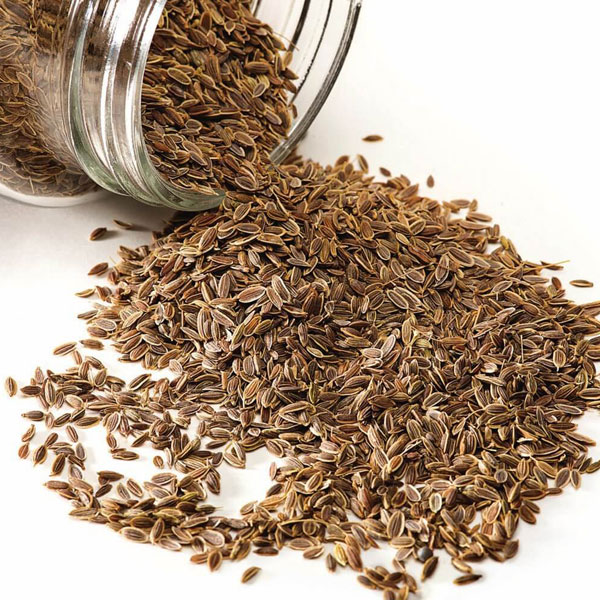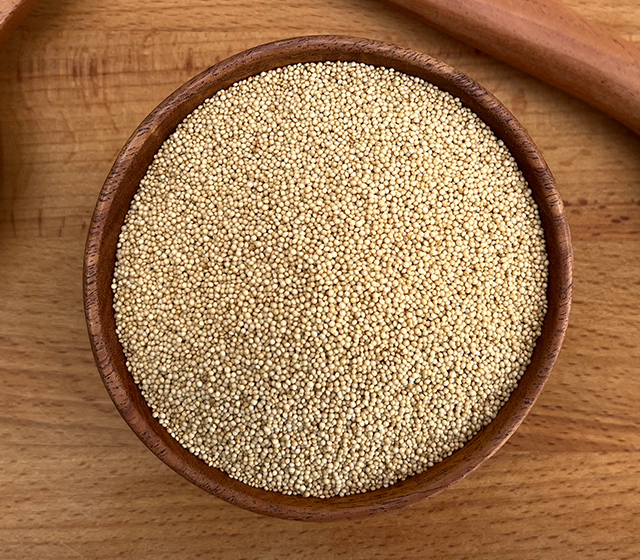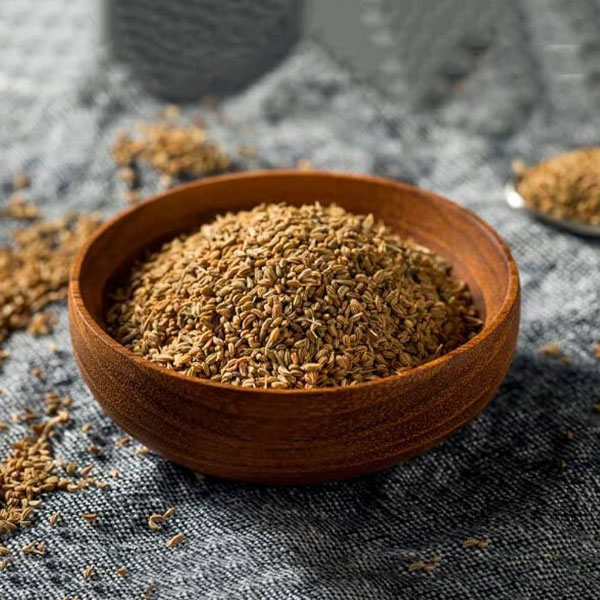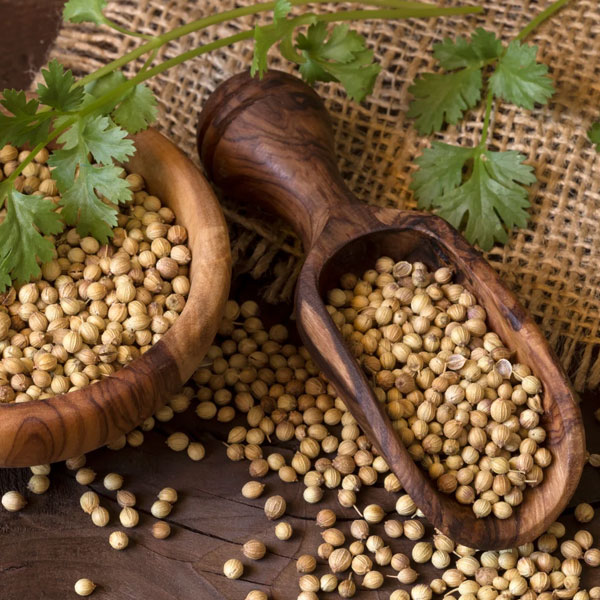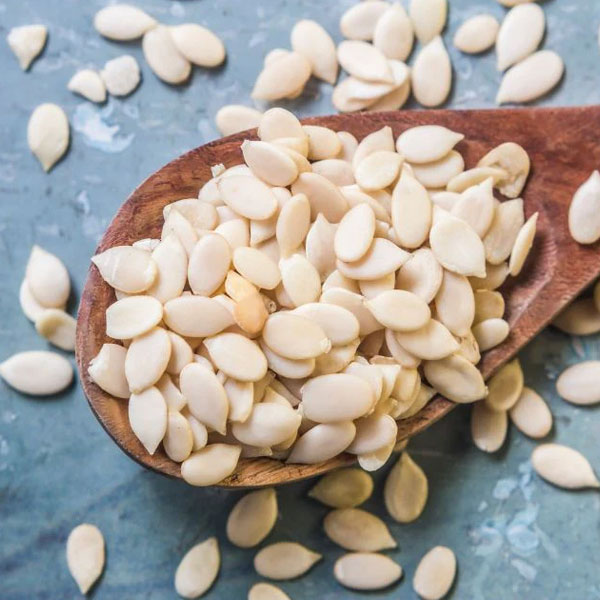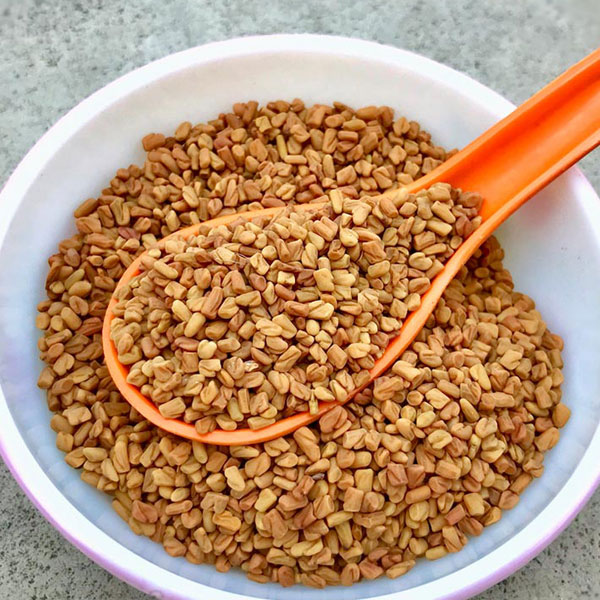Cumin Seeds
Cumin seeds, commonly known as Jeera are used in the cuisines of many different cultures, in both whole and ground form. It also has many uses as a traditional medicinal plant. The cumin plant grows to 30-50 cm (12-20 in) tall and is harvested by hand. The main producer and consumer of cumin is India. It produces 70% of the world supply and consumes 90% of that (which means that India consumes 63% of the world's cumin). Cumin seed is used as a spice for its distinctive flavor and aroma. Cumin can be found in some cheeses, such as Leyden cheese, and in some traditional bread from France.

